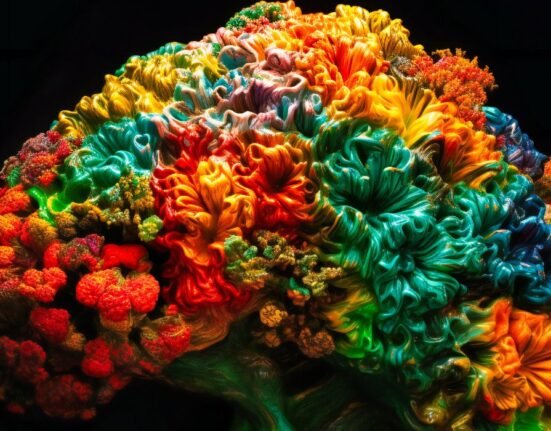Nowadays, online trolling is becoming very common on the internet and many people would become victims of criticism on social media, which has an adverse effect on mental health. This article is going to explain the negative effects of online trolling and how can people overcome it.
What is Trolling?
According to scientific literature, online trolling is hostile online behaviour, characterised by violence and deliberate provocation of others. Trolls attempt to provoke, upset and harm others by posting harmful words and posts. Trolling includes a variety of online behaviours where some trolls just to amuse or entertain and others troll to harm others.
Why Trolling Should be Taken Serious?
Trolling can cause significant negative effects and harm others it significantly affects physiological and psychological health such as disturbed sleep, depression, low self-esteem, self-harm and suicidal ideation and in some cases, it may lead to suicide. Many suffer from trolling lack of confidence, have a bad impression of themselves, have limited friends, and have a fondness for being alone which may result in destructive behaviour such as self-harm etc., a report says.
Regardless of the amount of time spent online, several studies have shown a linear relationship between social media use and sadness and anxiety. Even casually browsing Facebook and reading postings without interacting with others can also lead to unpleasant moods. When people experience cycles of annoyance or helplessness from reading depressing news or start comparing their life to important occurrences shared by others, they feel excluded and less fortunate.
Related: Why am I getting Addicted to Social Media?
People base their sense of self-worth on how many likes, comments, and retweets their postings receive. Cyberbullying, sexual harassment, trolling, offensive memes, and late-night timeline surfing have an impact on mental health and sleep. Trolling is, alarmingly, a very prevalent occurrence. This highlights how critical it is to comprehend why individuals troll.
Why do People Troll?
Recent research concluded that 3 psychological factors are involved in online harassment.
- Psychopathy – Psychopathy is callousness, deceitfulness and a lack of personal responsibility.
- Sadism – Sadism defines the enjoyment of harming others either physically or mentally.
- Self-esteem – is not an independent predictor, but it influences people with another factor. However, studies discovered that sadism and self-esteem interact. Therefore, a person is more likely to troll if they have high degrees of sadism and strong self-esteem. This outcome was unexpected considering how well other antisocial online behaviours, such as cyberbullying, are predicted by poor self-esteem.
Read More: The Bright and Dark Faces of Personality
The findings indicated that the three important independent predictors of malicious trolling were gender, psychopathy, and sadism. That is, you are more likely to troll if you are male, have high psychopathy, or have high sadism. Sadism was the most effective indicator of trolling. A person is more prone to troll if they take pleasure in doing harm to other people.
Ways to Escape from Online Trolling?
- Be Confident: Be confident in who you are and what you publish on social media. If you lack confidence, trolls will undoubtedly try to harm you. Consider Urfi Javed and Ranveer Singh as two examples. Those who experience frequent trolling on social media but remain upbeat and confident in themselves provide a suitable response to the trolls.
- Never Respond to Trolls: More trolls will attempt to troll you the more attention you give them. If someone posts a critical comment about you in such a case, don’t respond to it and ignore them.
- Block your Trollers: You can block a user if they repeatedly attempt to troll you on your social media postings. Additionally, you should keep that guy out of your thoughts and avoid thinking about him frequently.
Take Away
Online trolling has a harmful impact on people’s mental health, causing stress, low self-esteem, and even depression. Trolls target individuals with hurtful comments, affecting their confidence and well-being. It’s important to be confident in oneself and avoid engaging with trolls to minimize their impact. Blocking and reporting trolls can help create a safer online environment. Awareness about the negative effects of trolling is essential to promote empathy and support online, making the internet a better place for everyone.













Leave feedback about this